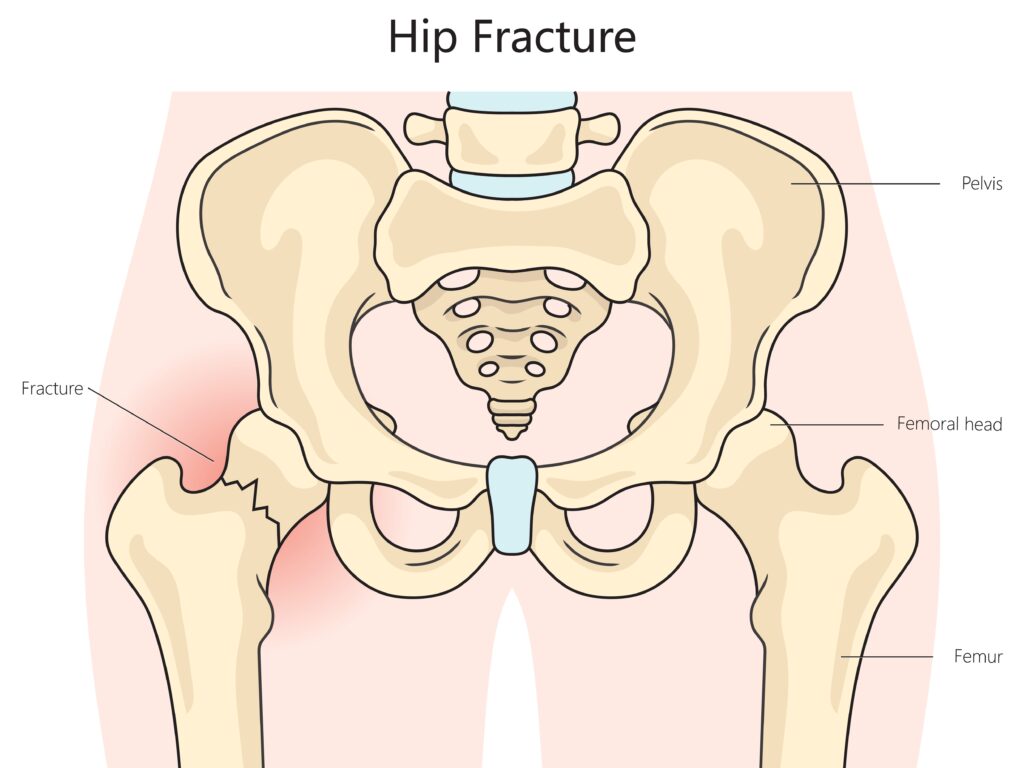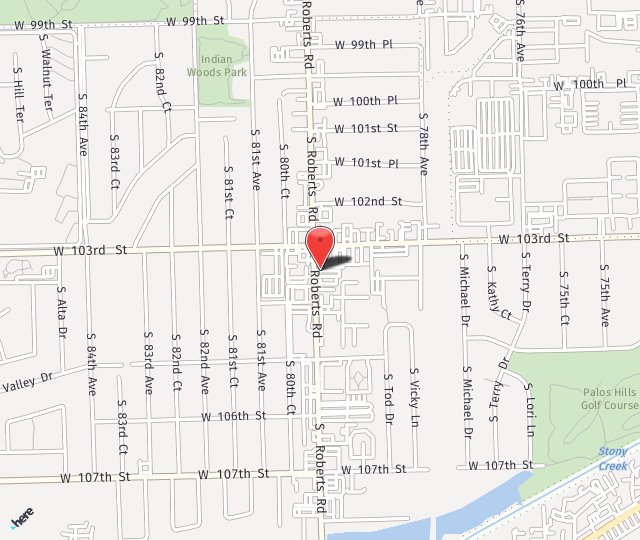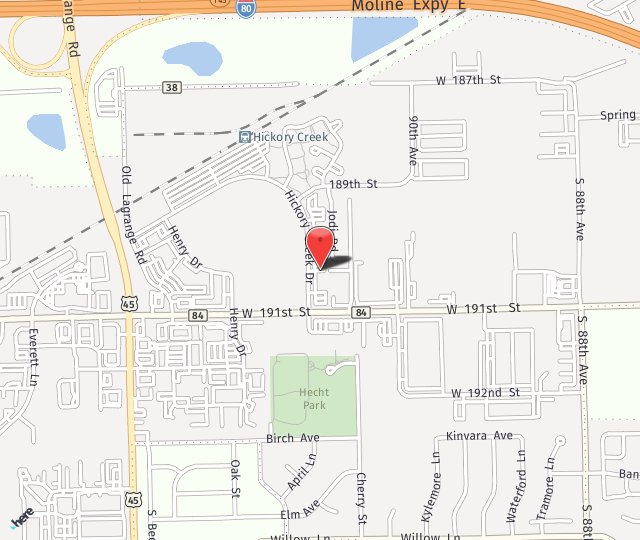A hip fracture can feel overwhelming, leaving you worried about how it will affect your independence and daily life. You might face pain, difficulty moving, or even anxiety about what happens next. It’s important to know you’re not alone, and there are effective treatments that can help you regain your mobility.
With hip fractures, time is a crucial factor. You need to act fast to ensure the fullest healing. That’s where Dr. Sarkis Bedikian, a fellowship-trained orthopedic surgeon in Palos Hills and Mokena, IL, comes in.
With over 20 years of experience, Dr. Bedikian is known as a leading hip fracture specialist in Illinois. We discuss types of hip fractures and their treatment options below.
Understanding Types of Hip Fractures
Hip fractures can vary in type and severity, influencing the treatment approach. Some common types of hip fractures include:
- Femur Neck Fractures: Break just below the ball of the ball-and-socket hip joint.
- Intertrochanteric Hip Fractures: A femur fracture that occurs lower on the thigh bone.
- Acetabular Fractures: Involve the acetabulum — the socket of the hip joint.
Hip fractures are often caused by severe force, for example, an auto accident. However, older people with osteoporosis may also experience hip fractures during a fall, even without severe force.
Several other factors may contribute to or cause hip fractures, such as repetitive stress, excess weight, nutritional deficiencies, and cancer.
Treatment Options for Hip Fractures
The right treatment depends on the fracture’s severity and your overall health. Dr. Bedikian offers a comprehensive approach to hip fracture management. Your plan may include:
Nonsurgical Measures
Nonsurgical measures can help many hip fractures heal, particularly when combined with surgery. Some nonsurgical measures Dr. Bedikian may recommend include physical therapy, oral medication, injections, weight management, lifestyle changes, and wearing a walker or hip brace.
Surgical Repair
There are several types of surgical repair for hip fractures. Internal fixation can stabilize some fractures to allow for healing. With internal fixation, Dr. Bedikian places biocompatible metal screws, rods, or plates to secure your bone.
Hip replacement surgery is another common option, particularly for severe fractures. Dr. Bedikian may recommend hip replacement if the fracture is severe or disrupts blood supply to the hip joint (avascular necrosis.) With avascular necrosis, the bone struggles to heal due to a lack of nutrient- and oxygen-rich blood, so replacing the joint may provide the best prognosis.
With hip fractures, Dr. Bedikian often recommends a blend of surgical and nonsurgical strategies. He aims to help you heal quickly while minimizing the potential for long-term complications. That’s why acting fast is so important after a hip fracture.
Hip Fracture Expert in Palos Hills and Mokena, IL
Dr. Sarkis Bedikian brings exceptional skill and compassion to every case. With his extensive experience, he tailors hip fracture treatment to each patient’s unique needs, ensuring the best possible outcomes.
Call our office at 708-237-7200 in Palos Hills or Mokena, IL, to book a consultation and learn more about managing your hip fracture.




